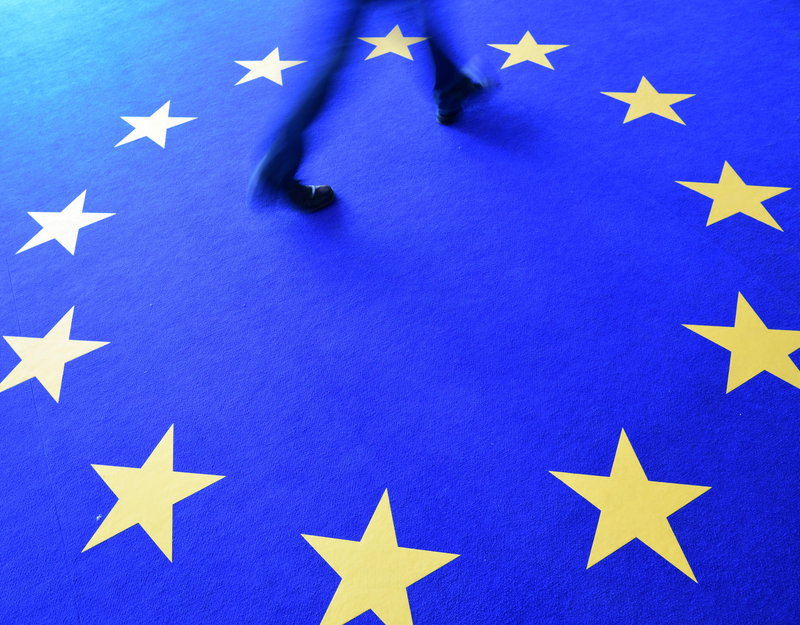Europe’s institutional dilemma
In the last chapter of his 1983 essay on The Crusades as seen by the Arabs, Amin Maalouf, the French-Lebanese author, provided a beautifully succinct illustration of institutions’ economic role. He quoted medieval travellers explaining how the crusaders, despite their barbarous ways, had established a system of checks and balances against their rulers’ whims and so the Muslim farmers in their lands, protected as they were from the arbitrariness that afflicted those under the rule of neighbouring sultans, had more incentives to produce and thrive. Maalouf thus showed, long before it became fashionable among economists, how institutional quality leads to prosperity whereas despotism undermines it.
The low-quality institutions of some member countries have always been known to pose a lethal threat to the EU – hence the exacting accession requirements regarding democratic credentials and sound economic management imposed on new members, as well as the emphasis placed on the independence of the Union’s core institutions. Unfortunately, these controls have proven insufficient. The Eurozone crisis is a case in point: the downturn was generally worse for all countries in the European periphery but, while some (e.g. Ireland and Finland) swallowed the bitter pills as prescribed and came out with flying colours, others (notably those unflatteringly known as PIGS i.e. Portugal, Italy, Greece and Spain) dragged their feet and now experience a fragile recovery that largely depends on the ECB’s free credit handouts. Meanwhile, the Stability & Growth Pact has been watered down so many times that no member country is today in full compliance (nor would it need to be, given the ECB’s ultra-expansive monetary policy), the common refugee policy has become a sad joke, corruption in Southern and Eastern Europe remains as rampant as ever, and democratic guarantees are increasingly flouted in Hungary, Poland and, most egregiously, Spain, where brutality by riot police, show trials and politically-driven sentences have become commonplace.
When EU rules are bent, they risk losing their shape forever as noncompliance spreads across member countries. Hence, Spain’s repression against Catalan independentists pulls European institutions into a crucial battle they must fight and win. The issue hits the Union at its core because it challenges citizens’ fundamental rights, and these, today as in the crusaders’ days, are key to long-term prosperity. For better or worse, therefore, when the European Court of Justice upheld the parliamentary immunity as a European MP of Oriol Junqueras, one of the Catalan leaders unfairly jailed in Spain (and thus also implicitly that of Carles Puigdemont and Toni Comín, both exiled Catalan leaders and also European MPs), a battlefield was chosen. Sadly, given the precedents, it is still unclear whether, and how, EU institutions will enforce this (and also other possible future rulings) while Spanish authorities refuse to comply and even step up repression.
Whether the EU wins, loses or chooses not to fight at all, the consequences will mark the EU’s future for decades to come – particularly as the EU has already lost too many battles of this nature without a fight. That Boris Johnson’s election victory in December 2019, which sealed Britain’s course towards Brexit, led the British Pound to experience one of its most remarkable hikes since WWII should make everyone wonder what the EU may be doing wrong for the markets so boldly to endorse Great Britain’s separation.

